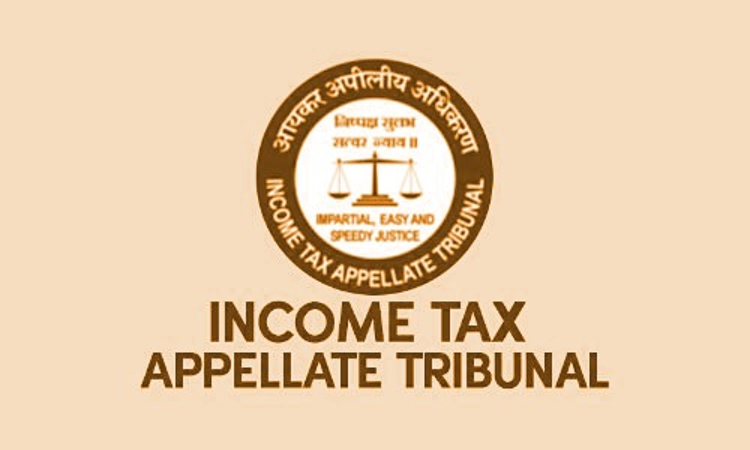The Chennai Bench of the Income Tax Appellate Tribunal (ITAT) has directed the AO to estimate a 30% net profit on total cash deposits made during the demonetization period and deleted the balance additions made under Section 69A of the Income Tax Act.The two-member bench of V. Durga Rao (Judicial Member) and G. Manjunatha (Accountant Member) observed that neither the assessee proved its...

